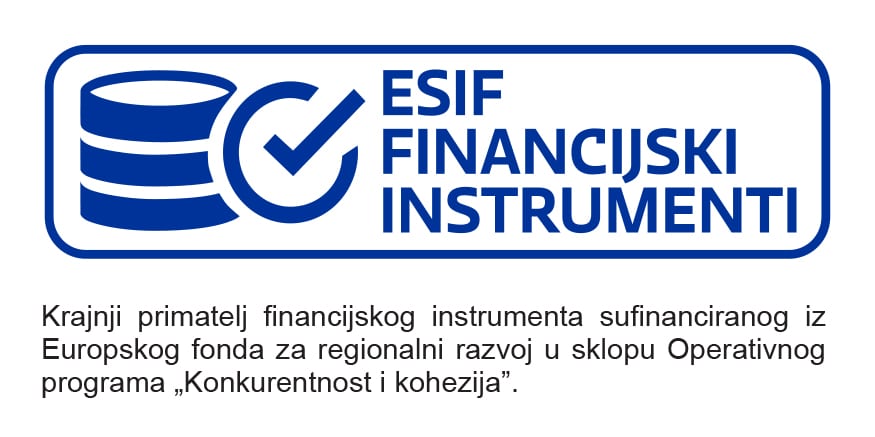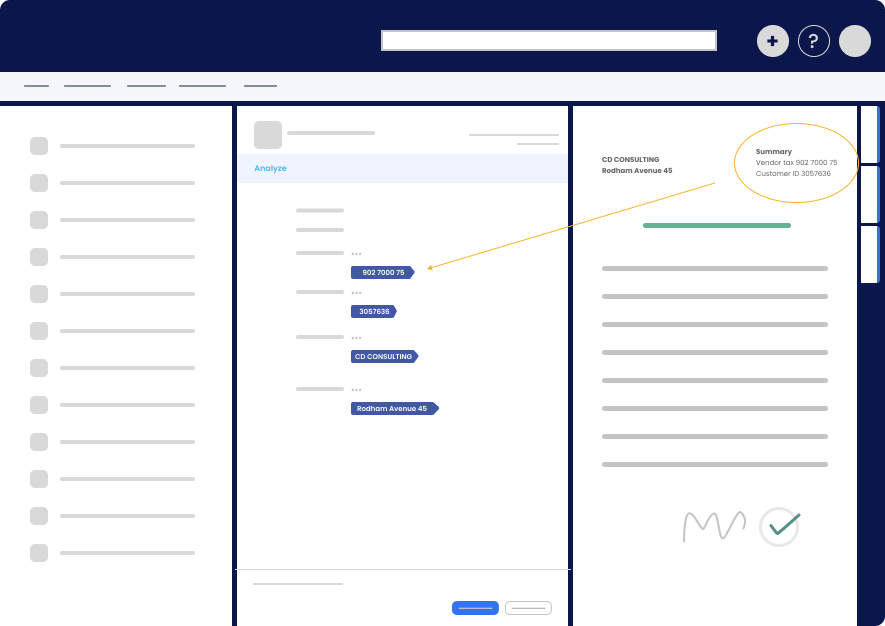Upon switching to advanced configuration mode within the rule configuration, additional options become available:
- Alias
- Mode
- Update option
- Vault search
- Update metadata in file
- Calculate property on
- Search timeout (sec)
- Business critical
Alias #
Assign a unique rule alias for easy identification.
Mode #
Defines whether the calculated property and the properties used in the calculation are located on a single object or across parent-child hierarchy objects.
- ParentChildren (default): The calculated property and the properties used for the calculation exist on different objects within a parent-child relationship. For example, the Price property on a Project object could be calculated as the sum of the Price properties on related Task objects. When this option is selected, the Children Objects section is available.
- SingleObject: Both the calculated property and the properties used for the calculation are located on the same object. When this option is selected, the Children Objects section is not available.
Update option #
This setting defines the conditions under which the rule will be executed.
- Always (default): The rule is executed every time.
- OnlyWhenTargetEmpty: The rule is executed only if the target property is empty, preventing overrides.
- OnlyWhenSourceNotEmpty: The rule is executed only if the calculated value is not empty, ensuring that empty values do not update the target property.
Vault search #
These optional vault search filters are used to find another object in the vault to use as a source in this rule instead of a trigger source object. When the rule is not orchestrated, these conditions must be satisfied for the rule to be executed. Multiple search filters are combined with the OR operator (at least one must be satisfied). Multiple search conditions within a single search filter are combined with the AND operator (all must be satisfied).
- Expand Vault search.
- Click on Add search.
- Expand Search [1].
Status field conditions and Property conditions become available.
Status field conditions #
Vault Search > Search > Status field conditions
Search status field conditions.
- Expand Status field conditions.
- Click on Add Status field condition.
- Expand Status field condition [1].
Additional fields open up: Field and Value type.
Field #
Vault Search > Search > Status field conditions > Field
Defines the status field as an additional search condition. Choose one of the following:
- ID: This option refers to the Object ID.
- ExternalID: This option refers to the Object ID from an external system.
- Type: This option refers to the Object Type.
- Version: This option refers to the object’s version.
- Deleted: If set to True, it refers to objects that have been deleted but not destroyed. If set to False, it refers to objects that have not been deleted.
After specifying the Field value, the Operator field becomes available.
Operator #
Vault Search > Search > Status field conditions > Operator
The operator used for comparing actual and expected property values. Choose one of the following options to specify the condition in more detail:
- = (default): Checks if the property is equal to the selected value.
- != : Checks if the property values are not equal.
- : Checks if the first property value is greater than the second.
- < : Checks if the first property value is less than the second.
- >= : Checks if the first property value is greater than or equal to the second.
- <= : Checks if the first property value is less than or equal to the second.
Value type #
Vault Search > Search > Status field conditions > Value type
Specifies expected property value. Select one of the following options:
- Static: Select this option to set a static value as a status field search condition. If selected, the Value field becomes available.
- FromSource: Select this option to set a value from the source object.
- Dynamic: Select this option to set a dynamic value as a status field search condition. If selected, the Value field becomes available.
Value #
Vault Search > Search > Status field conditions > Value type: Static / Dynamic > Value
Displayed only if Value type is Static or Dynamic.
Specifies the status field value expression evaluated on the source object.
Property conditions #
Vault Search > Search > Property conditions
Set property conditions for finding objects using vault search. Property values can be static or dynamic.
- Expand Property conditions.
- Click on Add Property condition.
- Expand Property condition [1].
The following fields become available: Property, Operator, Value and Mode.
Property #
Vault Search > Search > Property conditions > Property condition [1] > Property
Specifies the property whose value will be checked.
Operator #
Vault Search > Search > Property conditions > Property condition [1] > Operator
Operator to use for comparing actual and expected property value. Choose one of the following options:
- = (default): Checks if the property is equal to the selected value.
- != : Checks if the property values are not equal.
- > : Checks if the first property value is greater than the second.
- < : Checks if the first property value is less than the second.
- >= : Checks if the first property value is greater than or equal to the second.
- <= : Checks if the first property value is less than or equal to the second.
- Contains: **Checks if the property contains the specified value.
- Does not contain: Checks if the property doesn’t contain the specified value.
- Starts with: Checks if the property’s value starts with a particular prefix.
- Does not start with: Checks if the property’s value doesn’t start with a particular prefix.
- Matches regex: Compares the property value with a regular expression pattern to check for a match.
- One of: Checks if the property value is one of the values specified.
- Not one of: Checks if the property value is not any of the values specified.
- Is contained in: Checks if the property value is contained within a specified list of values.
- Is not contained in: Checks if the property value is not contained within a specified list of values.
Mode #
Vault Search > Search > Property conditions > Property condition [1] > Value > Mode
Displayed when Property is specified.
Expected property value. Can be static or dynamic, from the source object.
- Dynamic value: If this option is selected, the value of placeholders in the expression will be calculated from the source object.
- Static value: If this option is selected, the property value will be expected to match the constant value.
- Empty value: If this option is selected, the property value will be expected to be empty.
- No action: If this option is selected, no action will be performed. This is an invalid state.
Search result type #
Vault Search > Search > Search result type
Expected search result type.
- Any (default): When this option is selected and at least one search condition is set, the rule will be executed only if the vault search result has at least one matching result.
- None: When this option is selected and at least one search condition is set, the rule will be executed only if the vault search result doesn’t have any matching results.
Vault search sort #
Displayed after adding Search [1] to the Vault search.
Sort vault search results. When expanded, additional fields become available: Sort by and Sort direction.
Update metadata in file #
This option allows you to automatically update property values in the associated document when changed. All modifications will be reflected in the preview card without the need for check-out.
- No (default)
- Yes
Calculate property on #
Specifies the object where the calculated property will be set.
- TriggerObject (default): The calculated property is set on the object that triggered the calculation.
- VaultSearch: The calculated property is set on objects retrieved by a search query within the vault.
Search timeout (sec) #
Defines the search timeout in seconds, ranging from 1 to 90 seconds. This timeout applies to any search executed within the operation (e.g. any configured Vault Searches or retrieval of indirectly referenced objects). The default is 60 seconds.
Business critical #
If set to true, the rule will be logged in SEQ.
- No (default)
- Yes







